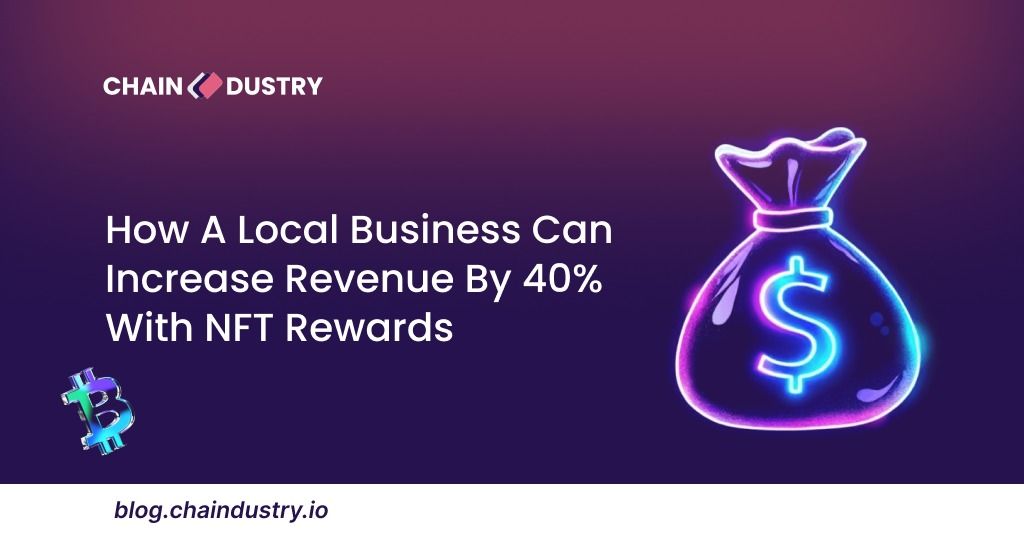Introduction
Customer loyalty remains one of the most important drivers of business growth. In earlier years, this meant physical punch cards, plastic membership cards, or point systems tied to phone numbers. Today, loyalty is moving into the digital space through NFTs.
For small businesses, NFTs are becoming a new way to build stronger customer relationships and turn one-time buyers into consistent patrons. They offer a transparent and modern loyalty model where customers hold digital tokens that represent their connection with a brand.
Why NFTs Are Effective for Small Business Loyalty
Most loyalty programs are limited to a single company and are often forgotten over time. NFT-based programs change this by giving customers something of real value that exists beyond a single system.
An NFT can act as a permanent proof of membership that lives in a customer’s digital wallet. It can unlock discounts, access to private events, or early product releases. Because it is stored on a public blockchain, it can be verified instantly and cannot be faked.
The main benefits include:
1. Ownership: Customers truly own their rewards.
2. Automation: Rewards or benefits activate automatically through wallet verification.
3. Engagement: NFTs can connect customers to brand communities and events.
For example, a local coffee shop might release 300 digital “Gold Cup” NFTs. Holders could receive a 10 percent discount, a free drink each month, and early access to new blends. Each reward is automatically linked to NFT ownership, removing the need for cards or apps.
How a Local Business Increased Revenue by 40 Percent with NFT Rewards

A bakery in Austin, Texas, created a loyalty system using NFTs called “SweetPass.” Customers purchased the digital pass for $20 and received a lifetime 10 percent discount and access to exclusive menu items.
The results were significant:
1.Customers began visiting more often and spending more per visit.
2.The NFT sale itself brought in $10,000 in immediate revenue.
3.Community interest grew through social media as people showed off their passes.
4.Discounts were managed automatically through digital wallet verification.
Within six months, the bakery recorded a 40 percent increase in total revenue. Most of the growth came from returning customers and new referrals.
This same model can be applied to many industries including salons, gyms, retail stores, and restaurants. Each business can design its NFTs to fit its brand identity and customer expectations.
How to Launch an NFT Loyalty Program
Small businesses can start with a simple structure that does not require advanced technical skills.
1. Decide the Rewards: Define what benefits NFT holders receive. This could be discounts, private events, early product access, or digital collectibles.
2. Choose a Platform: Platforms such as Tokenproof, POAP, or Manifold allow easy creation and management of NFTs.
3. Enable Wallet Verification: Integrate a simple wallet check at checkout to verify NFT ownership.
4. Launch and Promote: Offer limited editions and encourage customers to share their membership online.
5. Measure Results: Track engagement, repeat visits, and customer feedback to refine the program.
This approach can help small businesses combine technology with personal connection in a way that strengthens community ties and rewards loyalty.
Conclusion
NFT loyalty programs are helping small businesses modernize customer engagement. By providing rewards that customers actually own, companies can create lasting relationships and measurable growth.
In a marketplace where attention and loyalty are harder to maintain, NFTs offer a bridge between technology and trust. They help transform occasional customers into a community that feels genuinely connected to the brand.
